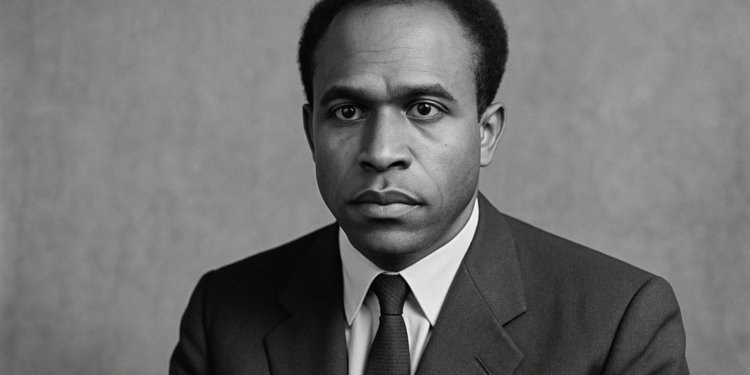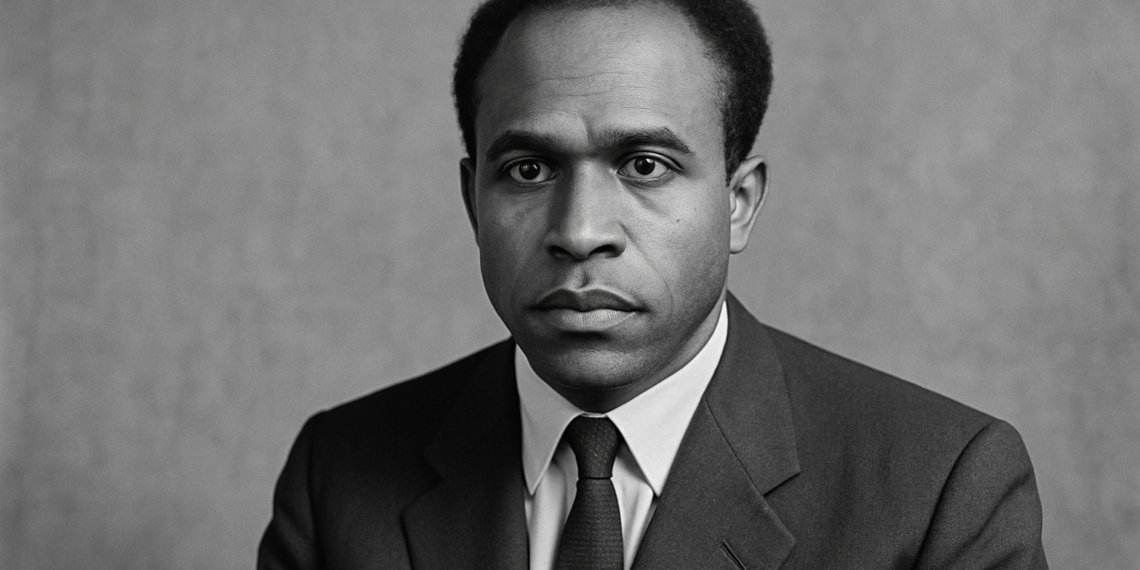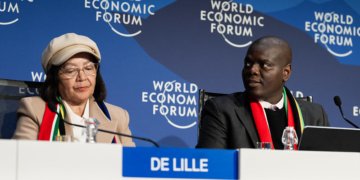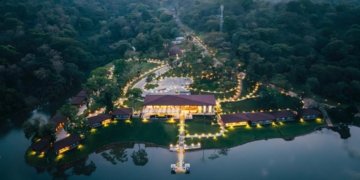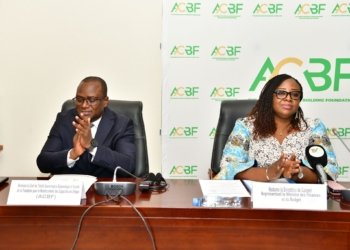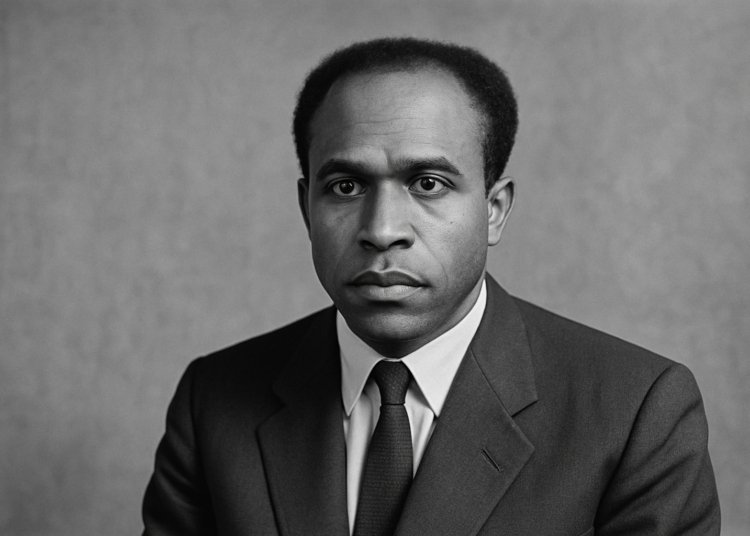Frantz Omar Fanon would have turned 100 today. The psychiatrist and philosopher whose radical writings on colonialism and racial identity influenced liberation movements across Africa and the African diaspora died in 1961 at age 36.
Fanon’s two major works, Black Skin, White Masks and The Wretched of the Earth, examined the psychological damage of colonialism and called for violent resistance against colonial powers.
His analysis of how colonized people internalized feelings of inferiority became foundational texts for African independence movements.
Born in Martinique in 1925, Fanon studied psychiatry in France before working in Algeria during its war of independence against French rule.
At Blida-Joinville Hospital, he treated both French soldiers and Algerian independence fighters, shaping his understanding of colonialism’s mental health effects and pioneering socially integrative psychiatric methods.
The Wretched of the Earth, published posthumously in 1961, argued that true decolonization required armed struggle against oppressors. Fanon viewed violence as complex, emphasizing it as a means of psychological liberation for the oppressed.
The book became widely read by African liberation leaders and shaped independence discourse across the continent.
Fanon’s ideas extended beyond Africa. His writings on racial psychology influenced the Black Power movement in the United States during the 1960s.
Civil rights activists drew on his analysis of how racism affected Black identity and self-perception.
Contemporary African leaders still reference Fanon’s work when discussing economic independence.
His argument that political freedom meant little without economic control resonates in debates about foreign investment and resource extraction across Africa.
African universities continue to teach Fanon’s theories in philosophy, psychology, and political science courses.
His concept of “decolonizing the mind” remains relevant as African nations work to develop educational systems independent of colonial frameworks.
The centenary comes as several African countries reassess their relationships with former colonial powers, particularly France.
Recent military coups in West Africa have cited the need to break free from neo-colonial economic arrangements, reflecting themes central to Fanon’s critique of incomplete decolonization.
Fort-de-France, Martinique, July 20, 2025 – Bantu Gazette
